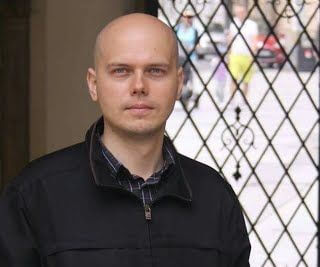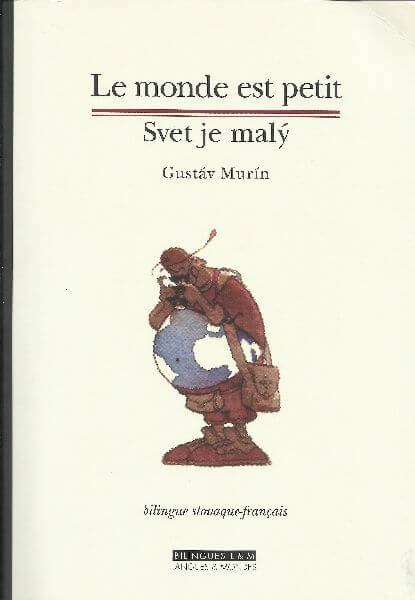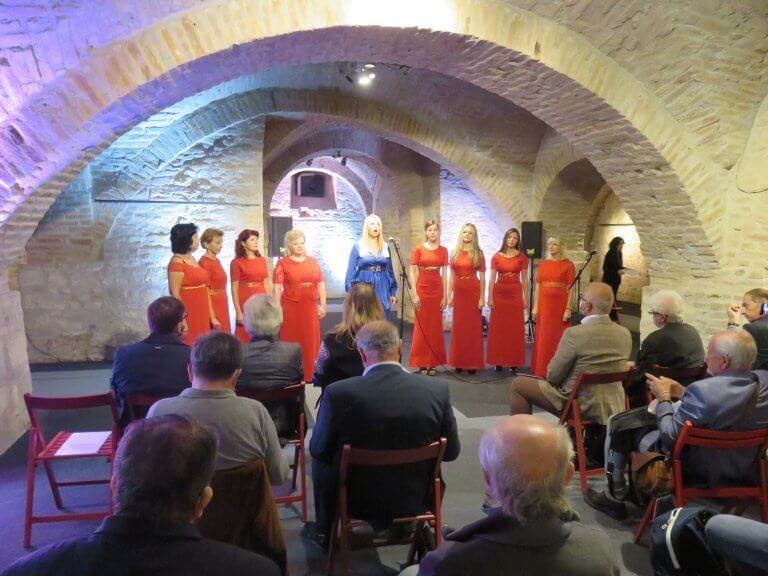It’s indisputable that even very decent men can’t avoid using public toilets in foreign countries. Precisely at this moment, in this least dignified moment, many treacherous surprises await us. For example, in India, as a matter of principle, they use a bucket of water instead of paper.
A Turkish toilet, with two footprints and a hole instead of a toilet bowl, can be problematic too – particularly when a lady in a glittery evening gown arrives at the Bolshoi Theater in Moscow. I wasn’t in the ladies’ there, but I have some Russian experiences. In a Petersburg discotheque, I had to contend not only with the Turkish toilets but also with half-door on the cabinets – what the Americans call saloon door. For foreigners, this is perplexing. Suffice it to say that in certain positions I’m ill prepared to meet and greet strangers.
However, circumstances sometimes force you to form special relationships to these places. For example, a very fat sausage that I’d eaten during my family holiday at the Polish part of the Baltic coast, dictated that I was virtually a captive of such a facility for some days. All those hours I spent there, my vision of the world was limited to the inside of shabby lavatory cabin looking at a handmade sign saying KEEP CLEAN. It occurred to me that if I stole this sign it would be the best souvenir of my journey to the Polish seacoast. In fact it was the most impressive sight I saw there.

I apologize to every delicate soul for presenting this life-important information about an activity that connects us in every corner of the world. For example, visiting Czech Republic or Slovakia one should know about an absurdly bad habit that both Czech and Slovak architects don’t like the walls separating the men’s and ladies’ be built to the ceiling, but leave an open space of about a foot – allowing infinite possibilities for overhearing the noises being emitted from the respective sides. This style of architecture also exists in Malaysia. Nevertheless, the biggest shock I’ve ever experienced was at the German city of Aachen.

Germans are a very hygienic nation. It’s a country which doubtless rivals Japan or the United States for the gold medal in this category. Therefore, I made a once-in-a-lifetime experiment and visited a toilet in the railway station. I generally avoid such places because of hard-learned experiences from the washrooms in Czech and Slovak railway stations. But I was calmed when I saw that the cabins had iron door and that they were pay-toilets. I was sure that if you paid for your elevation in Germany, you surely couldn’t go wrong. And yet, after I dropped my money in the slot and the door accepted it cordially, I stepped inside and was confronted by a toilet bowl with the incremental contributions of dozens of inventive predecessors. I recoiled in horror, and instinctively closed the door. In a following condition of resigned countenance I began to understand.
In Germany they had discovered a way to improve this business. Left dirty and unhygienic, the pay toilet could fulfill its purpose: taking money from victims and making them realize that some things are shared globally…
From a book (see in E-book form here) by Gustáv Murín: Svet je malý/The World is Small – collection of travel stories in bilingual Slovak–English edition, SPN Publ., 2012.













